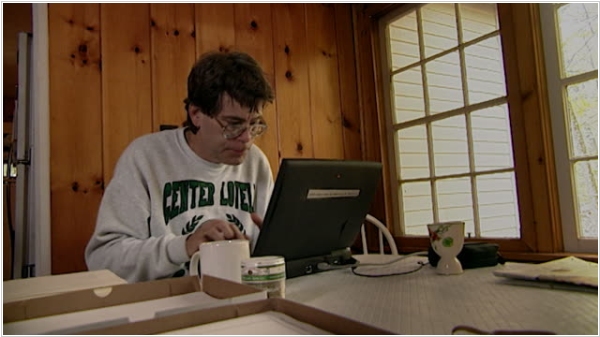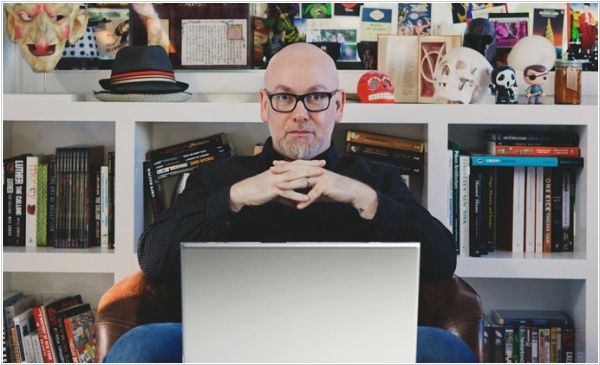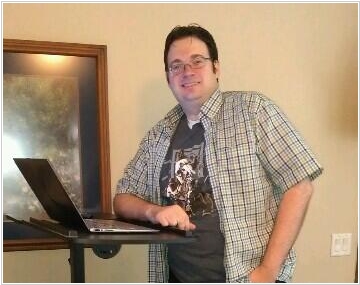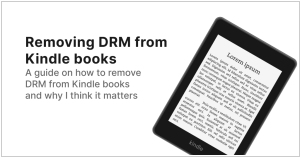Which writing software do famouse authors use?
May 14, 2025 | Author: Laura Candler

Have you ever tried to write a book? I think it's not an easy task. You need to keep in mind a whole world and a whole story with a lot of events and characters. Perhaps, finishing a book and getting its ready for publication is already a deed. And still, there will be some fanatical reader who will make a list of "Top 10 inaccuracies and errors in the book XXX". Therefore, as in any other intellectual profession, book writers cannot work without special software and some life hacks known only to them, which they can do on a computer. Let's look at the programs that famous authors use to create their bestsellers.
J. J.K. Rowling: Word

J.K. Rowling, the author of the Harry Potter series, initially wrote her books by hand and then typed them to a computer. However, in the documentary "J.K. Rowling: A Year in the Life", she was shown finishing the seventh book in the series using a laptop and it was shown that she used a regular Microsoft Word to write it.
Stephen King: Word + Final Draft

Stephen King, which needs no introduction, was one of the first writers to use text processors and is known to be the first person to complete a novel on a computer. He currently types his book drafts in MS Word and writes his scripts in Final Draft - professional screenwriting software. He uses an iMac and a MacBook Pro for writing.
Neil Cross: Scrivener

Neil Cross, a British novelist and screenwriter, is best known for creating the drama series Luther and Hard Sun. He uses Scrivener, a popular writing program. It's a whole new level compared to Word. In this program, you can compose a book like a mosaic - from blocks of scenes and characters.
Joe Hill: Scrivener

Joe Hill is an American author who has written several novels, including Heart-Shaped Box, Horns, NOS4A2 and The Fireman. He also uses Scrivener.
Brandon Sanderson: Dabble

Brandon Sanderson is an American fantasy and science fiction author best known for his work in the fictional Cosmere universe, where most of his fantasy novels are set, including the Mistborn series and The Stormlight Archive. He uses the Dabble writing program, which also looks more like an accounting program than a word processor.
Amanda Hocking: Livingwriter

Amanda Hocking, an American writer of paranormal romance for young adults. For example, she wrote the Trial trilogy, the Song of Water series and Valkyrie. She uses the modern online application Livingwriter - a specialized tool for writing movie scripts.
Hugh Howey: Jutoh

Hugh Howey, is best known for his science fiction series "Silo," some of which he self-published through Amazon.com's Kindle Direct Publishing system. But in addition to Kindle Create, he also uses specialized writing software Jutoh
See also: Top 5 Ebook Creation software
Add comment


